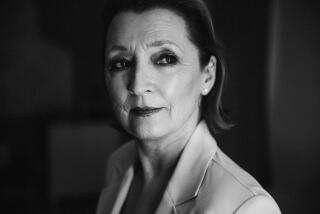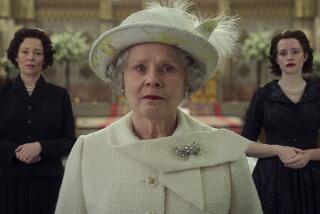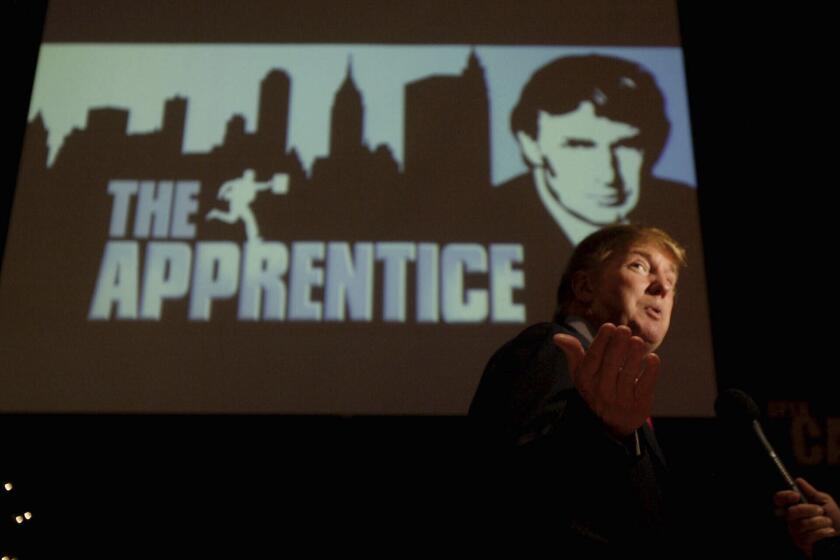Royal pregnancy proves Windsor Castle beats Downton Abbey
Windsor Castle as ground zero for women’s lib?
And Downton Abbey a no-go zone for women’s rights -- the same stately home where one titled daughter had a hot session of illicit sex, another married the radical chauffeur and the third made out with a farmer?
HRH the Duchess of Cambridge -- Kate, nee Middleton -- is pregnant with a child who will, boy or girl, at some time well into this century sit on the British throne.
Big deal, you’re thinking. A girl in charge. Britain has had two queens regnant in about a half-century: Queen Victoria and Queen Elizabeth II. Ah, but here’s the rub: If either of those women had had a brother, she would have been throneless. Brothers, even younger, invalid or incompetent brothers, always muscled their way to the front of the royal line. Not anymore.
The British government is hustling to backdate some changes to Britain’s royal documents to reflect new rules approved by commonwealth governments in October 2011. Royal boys will hereafter have to wait their turn behind royal girls. Literally, girls rule!
Britons are credited with a sense of fair play, and the old standard was old-fashioned; it just didn’t seem fair.
It was also what drove Henry VIII to divorce his first wife and keep switching marriage partners to beget princes, not princesses. (Wouldn’t it have driven Henry crazy to know what modern biology knows -- that it’s the man’s sperm, not the woman’s egg, which decides a baby’s gender?)
But girls always came after boys, so after Henry’s only legitimate son, Edward VI, died as a teenager, his older half-sisters, Mary and then Elizabeth, finally came to the throne.
And England was considered radical for allowing even that. (The 16th century Scottish Protestant thunderer John Knox railed against the unnatural notion of a woman in charge of men, the “monstrous regimen of women” -- specifically Mary, Queen of Scots, but Elizabeth of England found herself scorched by the same scorn.)
Here’s where the “Downton Abbey” clan, and other aristocrats too, are so retrograde.
The entire plot of “Downton” (and a lot of English literature, a la Jane Austen) turns on two English words that are foreign to Americans: entail and primogeniture, meaning that for Downton, as for many other great estates, the property is “entailed” to go along with the title and must go to a male heir.
Primogeniture is the practice of the eldest son getting all the goods -- land and title -- so the great moneymaking estates aren’t divvied up among many heirs and lose their power and value.
Lady Mary Crawley can’t inherit her father’s entailed estate and the title because she’s Lady Mary. All of the Earl of Grantham’s children are girls, and in Britain, the documents that have created noble titles for centuries, called “letters patent,” most often give the title to the man in question and his “heirs male of the body.”
Without a male heir, a peerage, a noble title, can disappear. It’s called “extinct in the male line,” and there are a lot of them, like evolutionary dead-ends. Stupid and stubborn -- they’d rather let their titles and inheritances disappear than go to a girl.
Some exceptions have applied, but very rarely. Henry VIII was so besotted with Anne Boleyn -- before he sent her head flying off -- that he made her a marchioness in her own right. And 400 years later, Prince Philip’s uncle was created the Earl Mountbatten. He had daughters but no sons, and when he was made an earl in 1946, by King George VI, the “letters patent” specifically said that Mountbatten’s daughters could inherit the title.
This is why the title and property of Downton is destined to go to a distant male relative rather than the eldest daughter of the Earl. And it’s why (spoiler alert if you’ve never seen the show) the Countess of Grantham’s miscarriage of an only son meant so much more to the family than a miscarriage of a fourth daughter would have.
So now the British monarchy, which exists apart from the aristocracy and sets its own rules, is being much more enlightened than the aristocracy and its old, restrictive rules.
But we can be thankful for the peerage’s backward ways. Otherwise, we’d have no great “Downton” plot lines and drama!
If you’ve read this far, you may be absorbed by yet more arcana:
Until World War I sent royal and imperial thrones crashing down all across Europe, a version of Salic Law declared that no women could become ruling monarchs. As you’d expect, any society that devalues women like that sets itself up for failure.
It was as if all the palaces of Europe hung out signs reading, just like the “Our Gang” comedies, “The He-Man Woman Haters Club.” Thus the relentless pressure on royals to have sons, not daughters.
The paradox is that some of Britain’s greatest monarchs have been queens regnant, and a feminist historian might argue that generation after generation of macho male monarchs doomed the monarchies of continental Europe.
This new baby will be Her Royal Highness Princess XX of Cambridge or His Royal Highness Prince XX of Cambridge (they will not, unlike some modern kids, be named Apple or Siri).
And it will be the first time in more than 100 years, since Queen Victoria, that the monarch and three direct-descent heirs will be alive at the same time.
Go ahead, deplore it as silly and costly -- the Brits do, until they change their minds, as happens every dozen years or so. But Britain would be well advised to hang on to the monarchy. How many tourists will flock to an un-sceptered isle and drop all those pounds and pence to go gawk at David Cameron and the front door of his house?
Who’s David Cameron, you ask? He’s the prime minister. And you just proved my point.
ALSO:
The Christian case for same-sex marriage
The population explosion’s pending chain reaction
More to Read
A cure for the common opinion
Get thought-provoking perspectives with our weekly newsletter.
You may occasionally receive promotional content from the Los Angeles Times.











